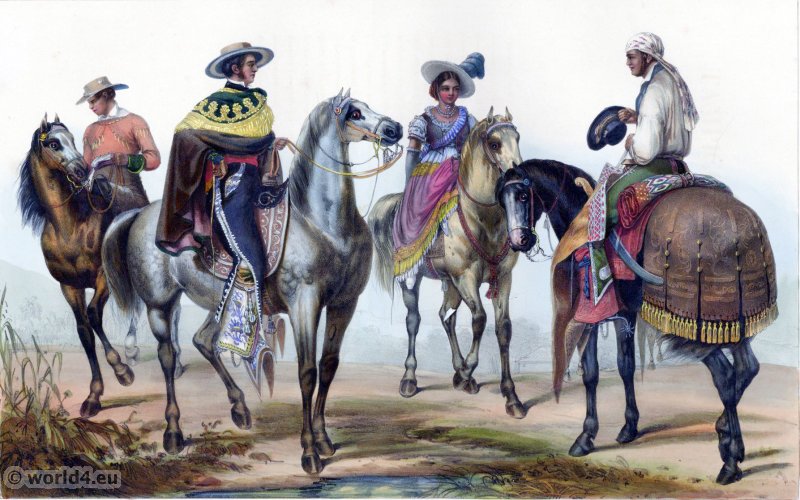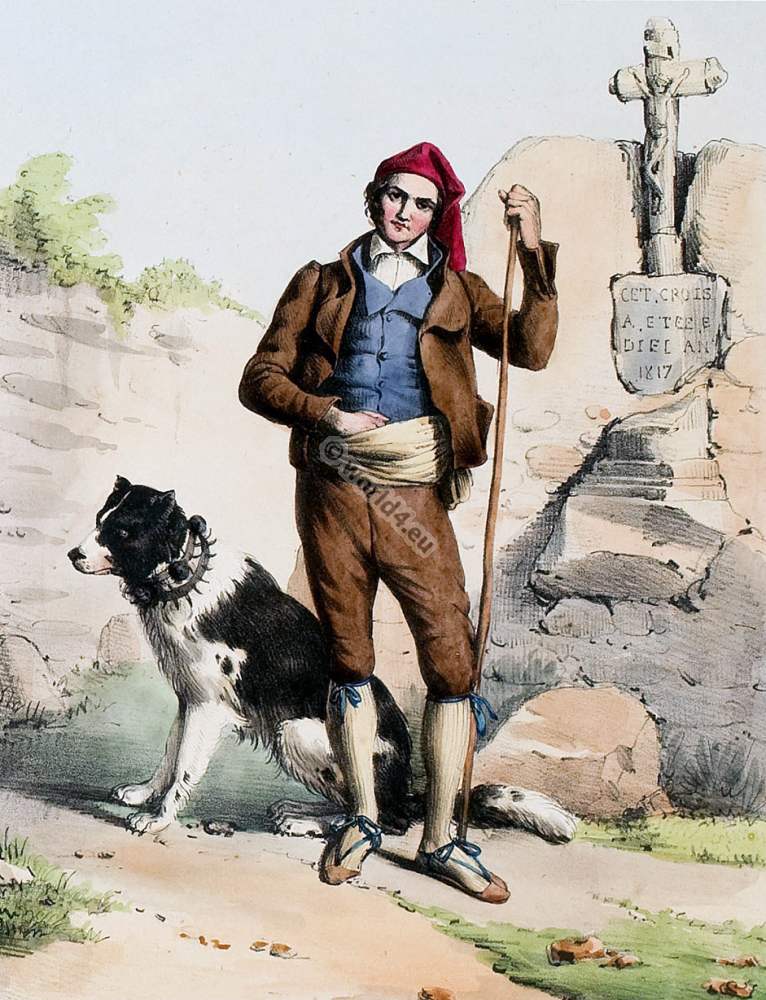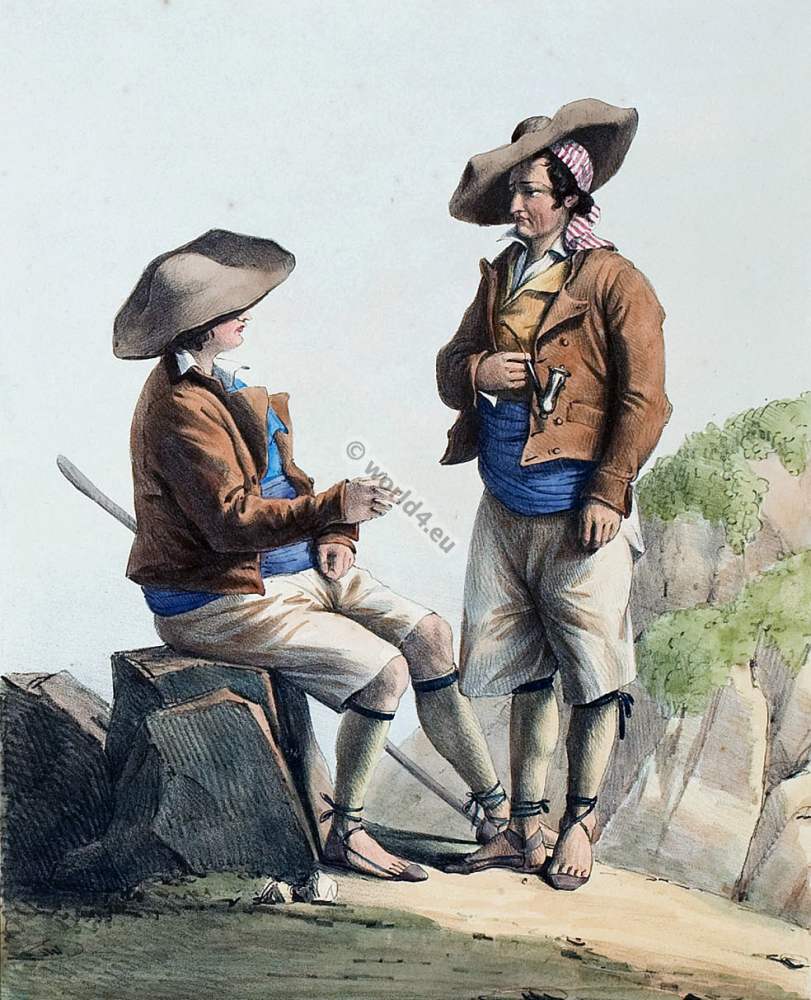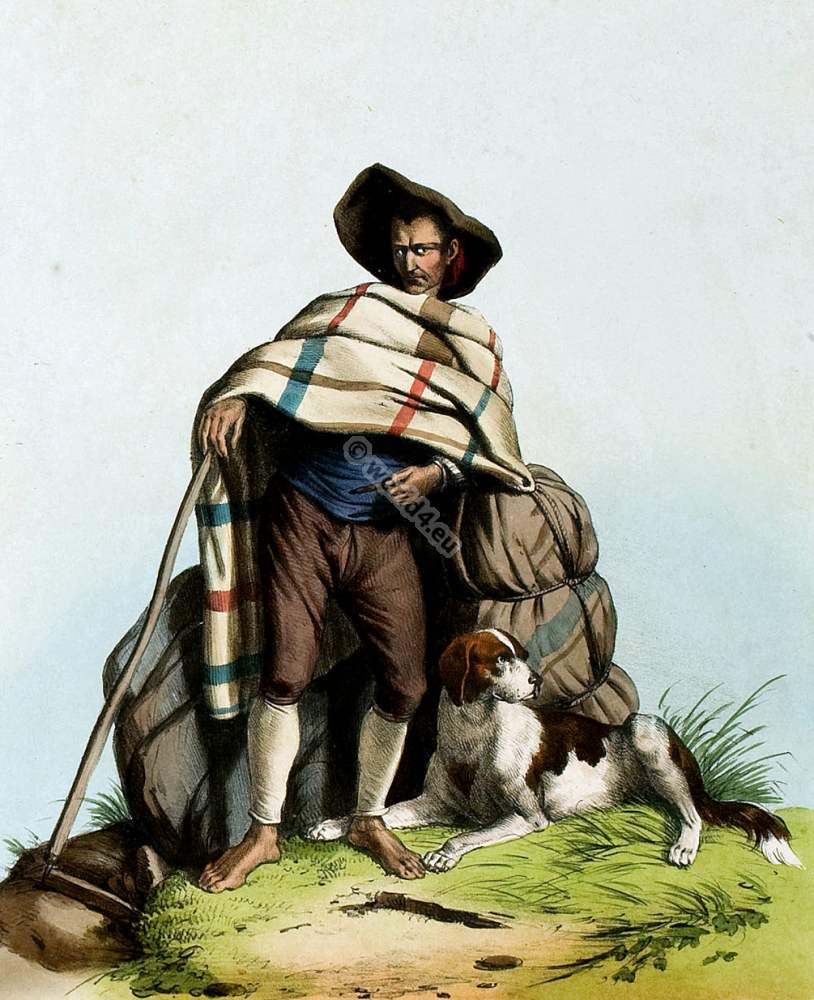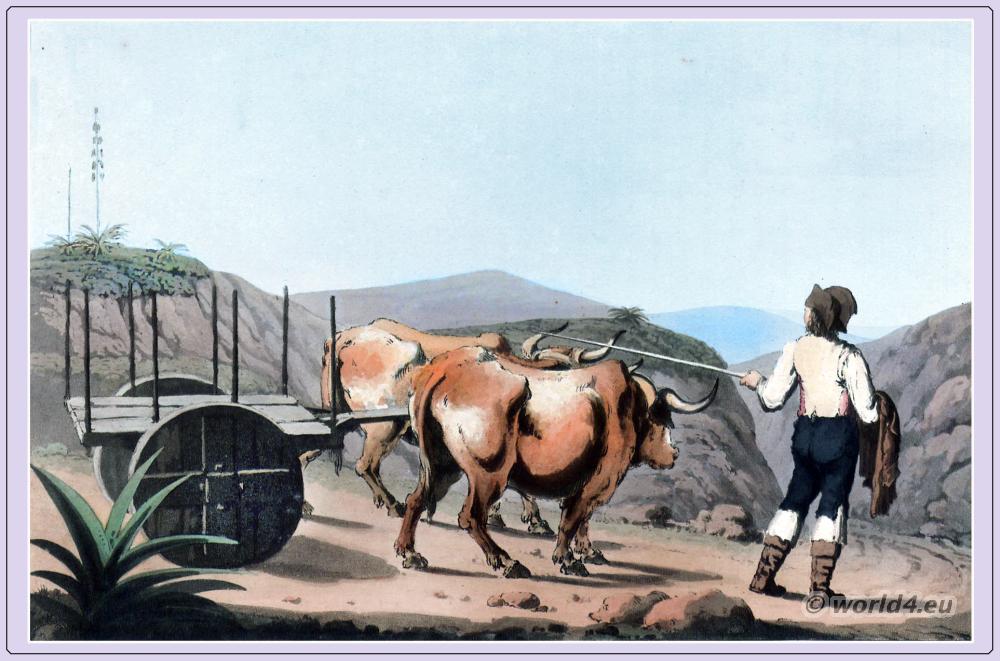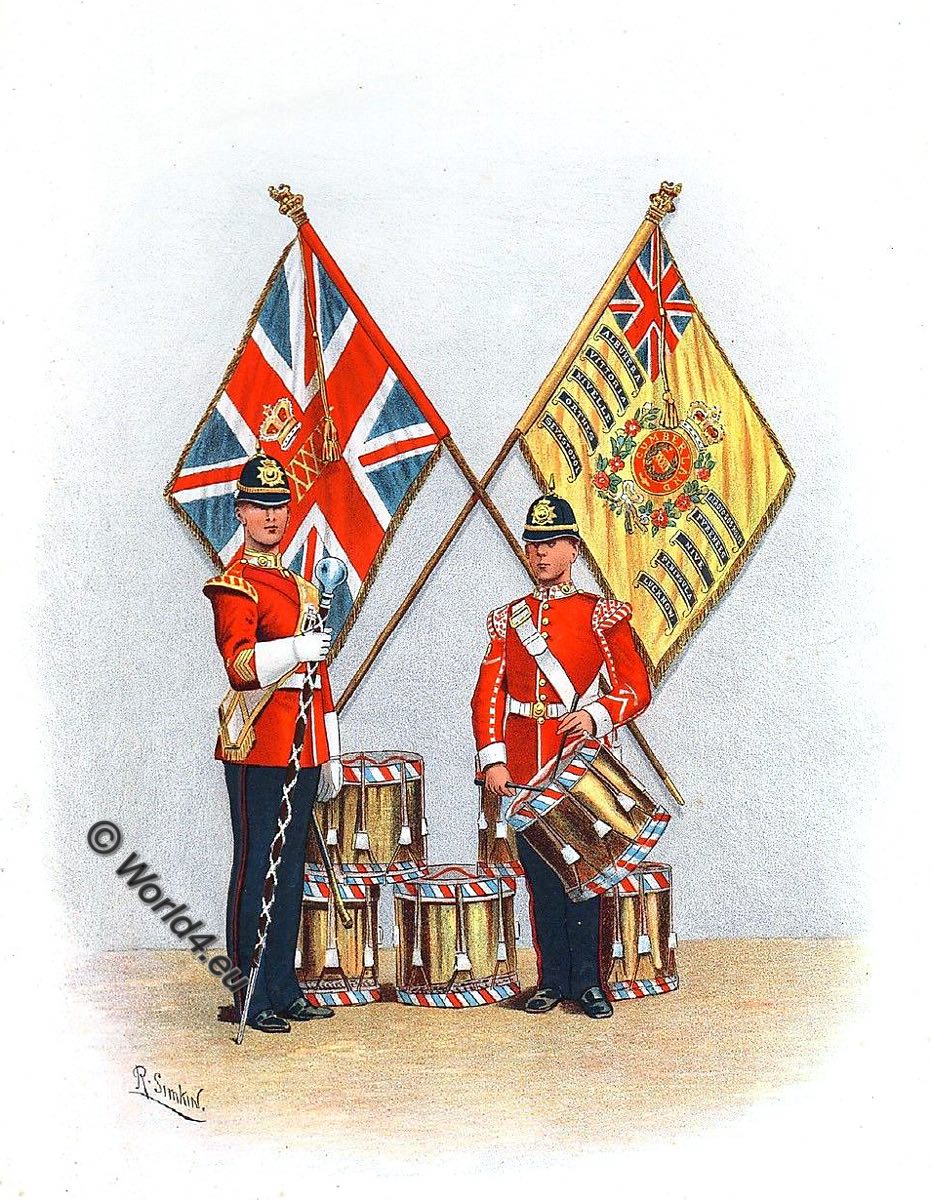
MACAO.
“Gem of the Orient, Earth and open Sea—
—BOWRING.
Macao: that in thy lap and on thy breast
Hast gathered beauties all the loveliest
O’er which the sun smiles in his majesty.”
The most untiring perseverance, the most exemplary patience, together with the practice of every diplomatic art which experienced politicians could devise, have not, during the course of many years, prevailed against the unabating caution of the Chinese government. British adventurers must still be content to share with the Portuguese the narrow settlement in which European traders are cooped up for the greater part of the year by their jealous neighbors. The occupation of Macao by a grant from the head of the celestial empire to the Portuguese, as a reward for their services against the pirates infesting the islands at the mouth of the Canton river, took place on or about the year 1586.
Macao is completely insulated from the Chinese territories by a wall, which has been built across the isthmus for the purpose of preventing any communication with the interior: this boundary is strictly guarded, and the intercourse between Canton and the only refuge which Europeans are permitted to call their own, is carried on entirely by water. The settlement of Macao lies in latitude 22° 13′ N. and in longitude 113° 32′ E. about fifty miles from the mouth of the river: it is a picturesque-looking place, the shore being lined with the houses of the European residents, and the heights occupied by churches, convents, and forts, adding architectural beauty to the barren rocks on which they are erected.

The bay possesses very considerable claims to admiration, and, though not particularly safe or commodious, especially at certain periods of the year, is finely enclosed by the abrupt peaks of the mountainous islands of Lantow and Lintin. The extraordinary clearness of the atmosphere in fine weather, the gay colours and singular forms of the boats, and the foreign air of the houses, offer a very interesting picture to a stranger; but th~ monotony becomes very tiresome to those condemned to make a long sojourn in this remote and isolated place.
The view in the accompanying engraving is taken from nearly the centre of the bay. The large buildings to the right are those belonging to the East India Company, and that distinguished by a pole, or flag-staff, is the Chinese chop or custom house. Though Macao nominally belongs to the Portuguese, the English have established their supremacy in the settlement, and very little cordiality subsists between the families of the two nations; their habits and manners do not assimilate, and their intercourse with each other is confined to mere visits of ceremony.
Though picturesque and imposing in its external appearance, the town of Macao is dirty and irregular. There are no roads, and therefore no carriages; pedestrian exercise is performed over rough tracts of loose stones and rocks, and those who are unequal to the fatigue, and unwilling to peril their necks in the scramble, are conveyed about the town and its vicinity in clumsy chairs, the only equipage which is to be obtained.
The society is extremely limited, and forms no exception to the general characteristics of a confined circle; a superabundant quantity of tittle-tattle, and a vast deal of amusing and innocent scandal, supply the place of higher and more intellectual topics. The principal talk of the gentlemen is of opium, excepting upon occasions of great excitement, when the whole settlement is put into a ferment by some alarming feud between the Hong merchants and the supercargoes, or when some humiliating concession, long abandoned, and apparently set at rest, is again insisted upon by a government always desirous to recur to their ancient systems.
The highest degree of hospitality is exercised in the most indiscriminating manner by the British residents of Macao. The stranger is welcome to every house, and there is a cover at every table whenever he chooses to take advantage of it; the interruption to the dull domestic routine afforded by casual visitors, can scarcely fail to be acceptable; and though there may be many who have weighed out tea, and speculated in opium until they can think and talk of nothing else, and therefore feel little interested in communications upon less important subjects, there are a few who wish to enlarge their knowledge of what is going on in other parts of the world, and even under the chilling influence of exile retain a lively curiosity concerning the novelties in polite literature and the arts, of which some faint rumour may have reached this sequestered settlement.
Macao is sometimes enlivened by the speculations of musical professors, and an Italian opera was at one time established there:. whether the project proved sufficiently successful to induce these sons of Apollo to remain, we have as yet had no opportunity of learning. During a great part of the year, the settlement, dull at all times, is rendered still more so by the absence of the heads of families, who take their departure to Canton, whither their wives and daughters are not permitted to accompany them.
An attempt to resist the strict regulations of the Chinese in this respect very nearly occasioned a serious breach between the two governments. An edict, issued in consequence of some remonstrances upon the subject, contains the following paragraph-the essence of the Chinese notions upon commercial speculations:-
“Since the said foreigners come to trade, it is only incumbent on them to obey implicitly the orders of government. If they dislike the restrictions as difficult to be endured, it is perfectly competent to them not to take the trouble to come so great a distance.”
Such reasoning is unanswerable, and it is very clear that the right of conquest alone will enable Europeans to dictate the terms in which trade shall be carried on with the celestial empire.
Source:
- Views in India, China, and on the shores of the Red Sea by Robert Elliot and Emma Roberts. London: H. Fisher, R. Fisher & P. Jackson, 1835.
- China, its marvel and mystery by T. Hodgson Liddell. New York: John Lane 1910.
Related
Discover more from World4 Costume Culture History
Subscribe to get the latest posts sent to your email.

